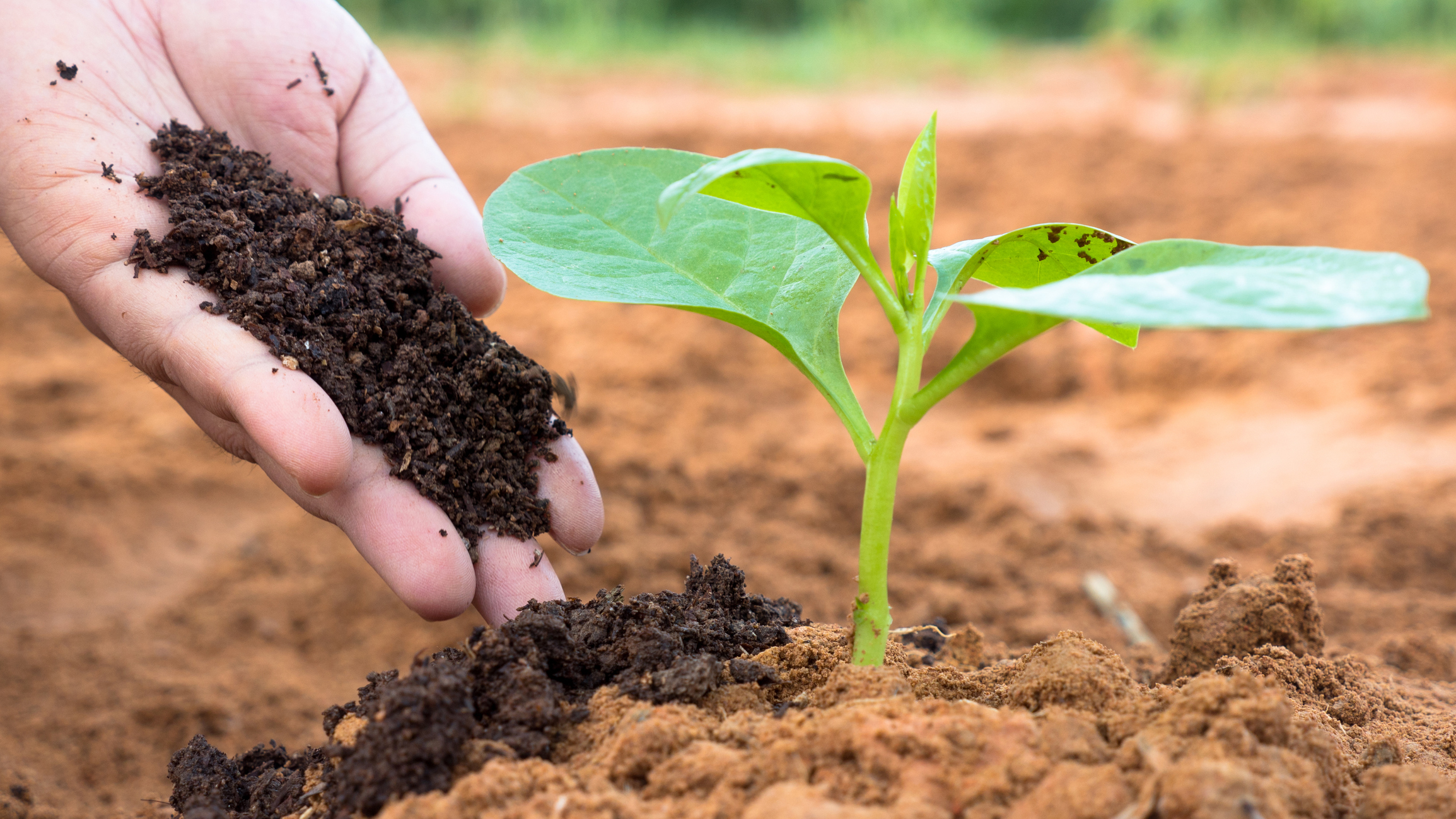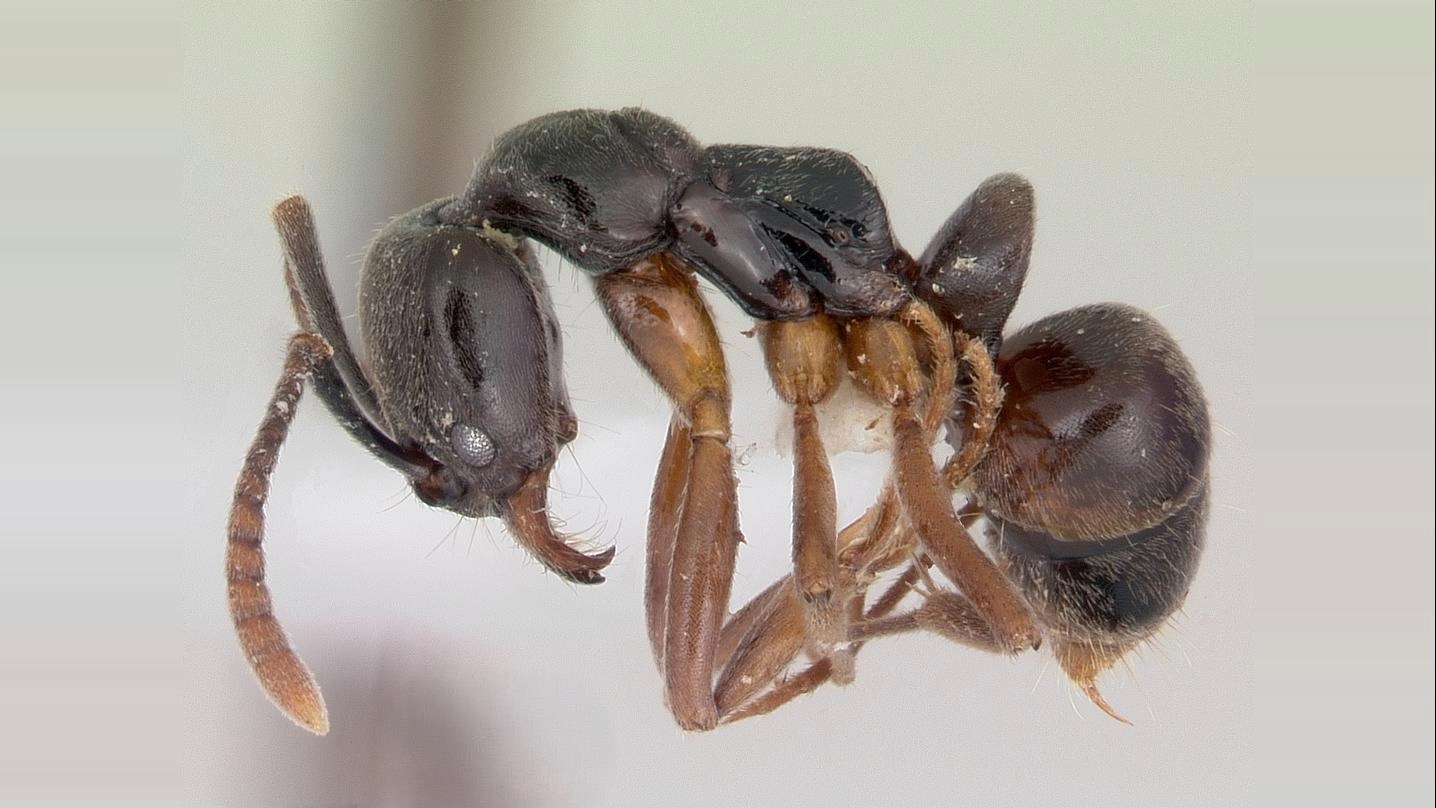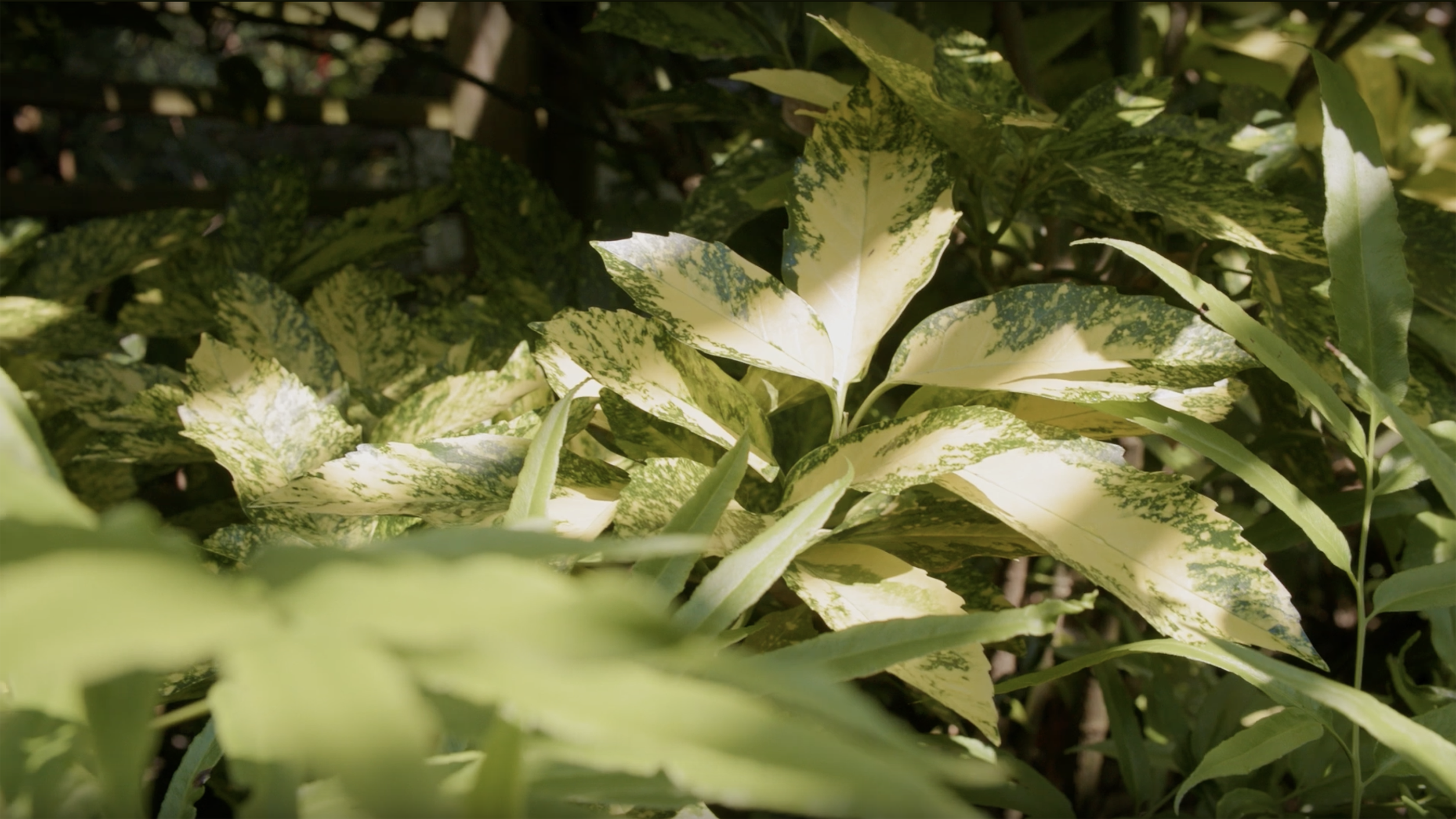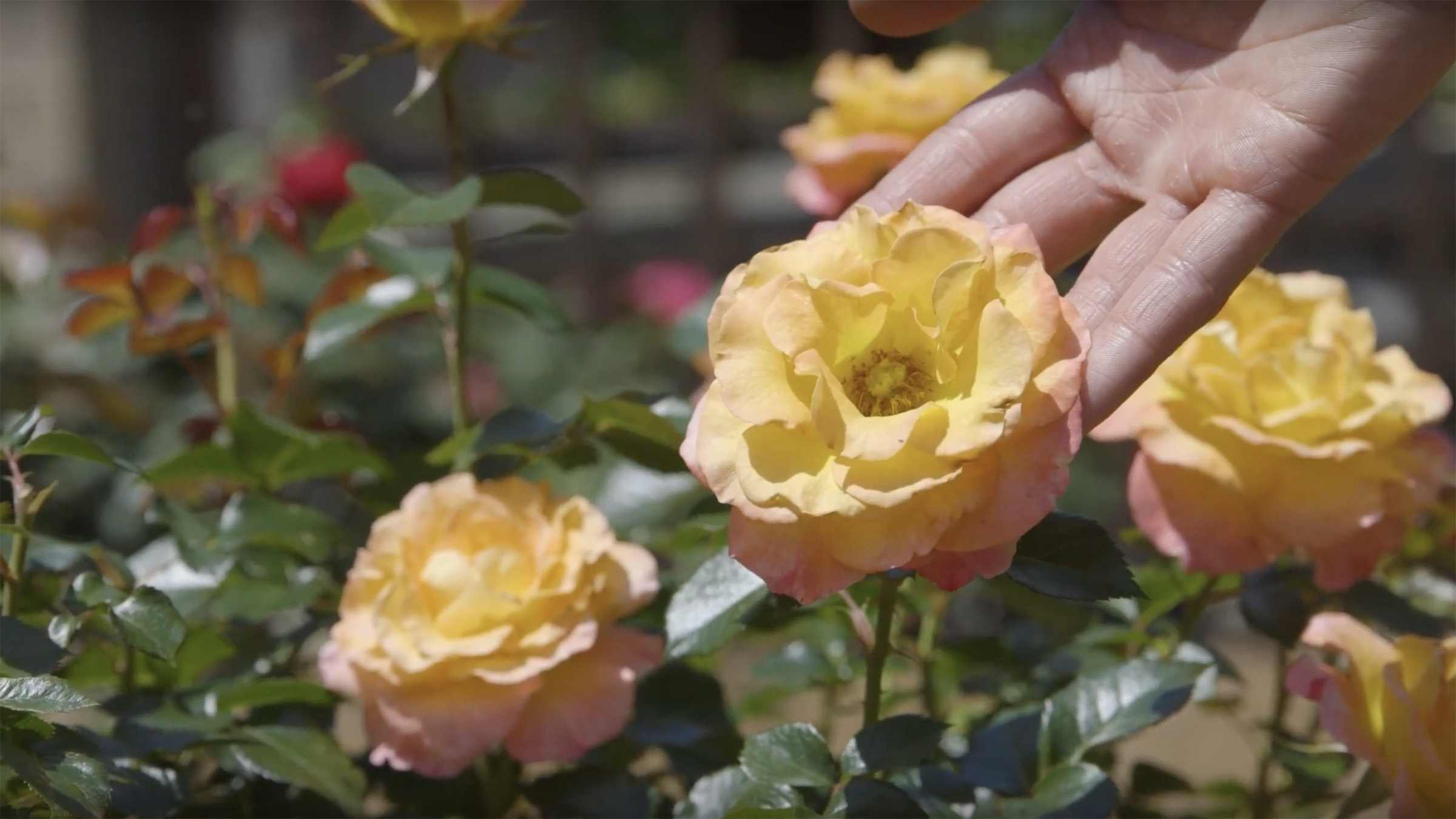The next time you see a worm wriggling about after a storm, lend it a hand. It could be the beginning of a beautiful partnership!
Earthworms, after all, are the special ingredient in vermicompost. From the Latin vermi, meaning “worm,” vermicomposting is a method for composting with worms to create an eco-friendly fertilizer.
Composting is a natural way of recycling organic material, like vegetables, leaves or egg shells, into a rich, usable soil
Vermicompost has a profound effect on plants. It boosts the nutrients available to plants, helping seeds to germinate more quickly, grow faster, develop better root systems and produce higher yields. That means more flowers or fresh fruits and vegetables.
And lest the abundance of blooms go to waste, vermicompost also helps suppress plant diseases and insect pests. It can be used on gardens, lawns, house plants and around bushes and trees — 1 pound will cover about 10 square feet, that’s roughly 3.5 pounds for a 4-by-8-foot raised bed garden.
Dig in with Rhonda Sherman, solid waste specialist with NC State Extension, as she sheds light on the subterranean spoils that await in this In the Garden segment. Enjoy the video and subscribe to our monthly digest so you don’t miss a thing!
More Ways to Get Your Hands Dirty
- View our Worms Can Recycle Your Garbage guide
- Find a list of what can and can’t be composted at home
- Unsure whether vermicomposting is for you?
- Categories:



